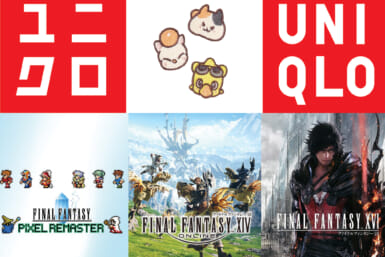We all love a good 100-yen shop. You can almost find anything there, from kitchen accessories and home interior items to makeup and even skincare products. However, not all 100-yen items are made equal. Some are great and last forever, while others barely last a day. Either way, these products are all nisoku-sanmon, or dirt cheap.
Nisoku-sanmon (二束三文)
Meaning: Dirt cheap, really cheap, next to nothing, a dime a dozen, thin profit margin, cheap and shoddy goods
Literal translation and kanji breakdown: Let’s break it up into individual characters first: 二 (ni; two) 束 (soku; bundle) 三 (san; three) 文 (mon; old official currency of Japan used from the early 1300s to the mid-1800s). From that we get “two bundles, three mon”, which, without too much of a stretch of the imagination, gives us “two bundles [of something] for [the price of] three mon.” As for what those bundles were and why the expression became synonymous with being extremely cheap, read on below.
Nisoku-sanmon: The Origins
As mentioned in the literal translation, mon was a unit of currency from the Muromachi Period (1336-1573) to the early Meiji Period (1868-1912). The expression nisoku-sanmon is believed to be related to a popular type of zori (straw sandals) sold during the early Edo Period, called kongo zori. The sandals were woven with straw or igusa (soft rush) and even if a person made and sold two pairs, they would only get a paltry three coins for them. The fact that nisoku-sanmon was also written as 二足三文 with the second character, soku, using the counter for footwear instead of bundle, strengthens this theory. Eventually, nisoku-sanmon became a catchall for cheaply made things, but you’ll find sanmon on its own being synonymous for shoddy work as well.
Nisoku-sanmon: Related Expressions
三文判 Sanmonban Ready-made seal, cheap seal
三文芝居Sanmonshibai A play not worth the money paid to watch it; a transparent performance (e.g. when someone is trying to get something they want)
粗製濫造 Soseiranzou Mass production of inferior goods
粗悪品 Soakuhin Inferior goods
二足のわらじ Nisoku no waraji Too many irons in the fire, engaged in two trades at the same time, wearing two hats
Using “nisoku-sanmon” in a sentence
二束三文で買ったトースターだが、意外に長持ちした。Nisoku-sanmon de katta toaster da ga, igai ni nagamochi shita. I bought this toaster for next to nothing, but it lasted surprisingly long.
二束三文で売るぐaらいなら、売らない方がいいじゃない? Nisoku-sanmon de uru gurai nara, uranai houga ii janai? If you’re going to sell it that cheaply, then why sell it at all?
私は高価な古本の価値が分からなかったので、二束三文で譲ってしまった。Watashi ha koukana furuhon no kachi ga wakaranakatta no de, nisoku-sanmon de yuzutte shimatta. I didn’t know the true value of these old books, so I sold them for almost nothing.
Want more? Follow our weekly Yojijukugo Japanese Idiom series, published every Friday. Learn the meaning of “chinpunkanpun” here, “keikou-gyugo” here and “mikkatenka” here.









